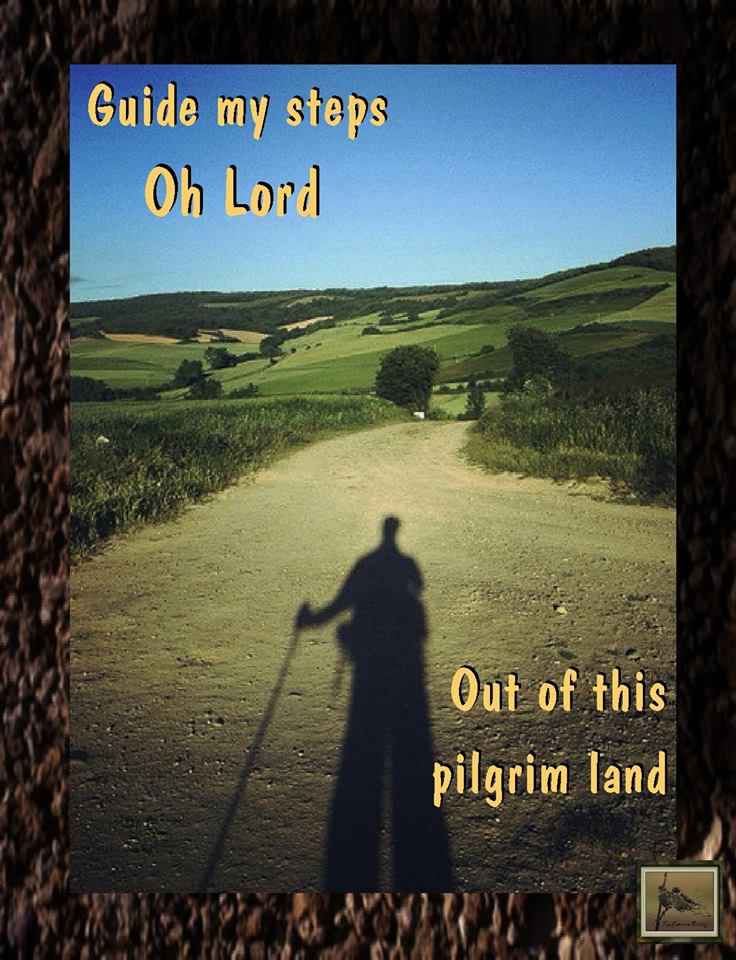Beware lest any man spoil you through philosophy and vain deceit, after the tradition of men, after the rudiments of the world, and not after Christ.
For in him dwelleth all the fulness of the Godhead bodily. Col 2:8-9
The Spoiler and His Implement
For in him dwelleth all the fulness of the Godhead bodily. Col 2:8-9
The Spoiler and His Implement
See to it, says Paul, lest there be some one—I do not say more, you can guess my meaning—to carry you off as his spoil (not take spoil from you). The expression grasps powerfully the essence of the proselytizing spirit; the proselytizing spoil is the person proselytized. He aims at doing this through that which is at once in its arrogant claims a high philosophy, and in its miserable reality an empty deceit; a philosophy, artful, moulded in accordance with an esoteric system, pervaded by five fatal deficiencies.
I. It is merely traditional, and, therefore, of precarious truth.
II. It is human, and, therefore, deficient in authority.
III. It is elementary, belonging to the “outworn creed,” to the rudiments of religion, and, therefore, unfitted for Christian manhood.
IV. It is material, not connected with the soul’s true home and center, but with the palpable and external, and is, therefore, deficient in spirituality.
V. And being all this, assuredly, and as matter of fact, it is not after Christ. (Bp. Alexander.)
The false teachers aimed at making the Colossians their prey, carrying them off body and soul. They had been rescued from the bondage of darkness; they had been transferred to the kingdom of light; they had been settled there as free citizens (Col_1:12-13); and now there was a danger that they should fall into a state worse than their former slavery, that they should be carried off as so much booty (Comp. 2Ti_3:6). (Bp. Lightfoot.)
"Beware lest any man spoil you - The word “spoil” now commonly means, to corrupt, to cause to decay and perish, as fruit is spoiled by keeping too long, or paper by wetting, or hay by a long rain, or crops by mildew. But the Greek word used here means to spoil in the sense of plunder, rob, as when plunder is taken in war. The meaning is, “Take heed lest anyone plunder or rob you of your faith and hope by philosophy.” These false teachers would strip them of their faith and hope, as an invading army would rob a country of all that was valuable.
Through philosophy - The Greek philosophy prevailed much in the regions around Colossae, and perhaps also the oriental or Gnostic philosophy. See the introduction they were exposed to the influences of these plausible systems. They consisted much of speculations respecting the nature of the divine existence; and the danger of the Colossians was, that they would rely rather on the deductions of that specious reasoning, than on what they had been taught by their Christian teachers.
And vain deceit - Mere fallacy. The idea is, that the doctrines which were advanced in those systems were maintained by plausible, not by solid arguments; by considerations not fitted to lead to the truth, but to lead astray.
After the tradition of men - There appear to have been two sources of danger to which the Christians at Colesso were exposed, and to which the apostle in these cautions alludes, though he is not careful to distinguish them. The one was that arising from the Grecian philosophy; the other, from Jewish opinions. The latter is that to which he refers here. The Jews depended much on tradition (see the notes at Mat_15:2); and many of those traditions would have tended much to corrupt the gospel of Christ."
(Albert Barnes)
I. It is merely traditional, and, therefore, of precarious truth.
II. It is human, and, therefore, deficient in authority.
III. It is elementary, belonging to the “outworn creed,” to the rudiments of religion, and, therefore, unfitted for Christian manhood.
IV. It is material, not connected with the soul’s true home and center, but with the palpable and external, and is, therefore, deficient in spirituality.
V. And being all this, assuredly, and as matter of fact, it is not after Christ. (Bp. Alexander.)
The false teachers aimed at making the Colossians their prey, carrying them off body and soul. They had been rescued from the bondage of darkness; they had been transferred to the kingdom of light; they had been settled there as free citizens (Col_1:12-13); and now there was a danger that they should fall into a state worse than their former slavery, that they should be carried off as so much booty (Comp. 2Ti_3:6). (Bp. Lightfoot.)
"Beware lest any man spoil you - The word “spoil” now commonly means, to corrupt, to cause to decay and perish, as fruit is spoiled by keeping too long, or paper by wetting, or hay by a long rain, or crops by mildew. But the Greek word used here means to spoil in the sense of plunder, rob, as when plunder is taken in war. The meaning is, “Take heed lest anyone plunder or rob you of your faith and hope by philosophy.” These false teachers would strip them of their faith and hope, as an invading army would rob a country of all that was valuable.
Through philosophy - The Greek philosophy prevailed much in the regions around Colossae, and perhaps also the oriental or Gnostic philosophy. See the introduction they were exposed to the influences of these plausible systems. They consisted much of speculations respecting the nature of the divine existence; and the danger of the Colossians was, that they would rely rather on the deductions of that specious reasoning, than on what they had been taught by their Christian teachers.
And vain deceit - Mere fallacy. The idea is, that the doctrines which were advanced in those systems were maintained by plausible, not by solid arguments; by considerations not fitted to lead to the truth, but to lead astray.
After the tradition of men - There appear to have been two sources of danger to which the Christians at Colesso were exposed, and to which the apostle in these cautions alludes, though he is not careful to distinguish them. The one was that arising from the Grecian philosophy; the other, from Jewish opinions. The latter is that to which he refers here. The Jews depended much on tradition (see the notes at Mat_15:2); and many of those traditions would have tended much to corrupt the gospel of Christ."
(Albert Barnes)
ESTABLISHED IN THEIR FAITH
If you know Christ, you can lay your hand on the treasures of wisdom and knowledge. They are matters of daily experience. The Apostle’s aim in this chapter is to put his converts on their guard against those who might divert them from their simple faith in Jesus, and their sufficiency in Him. The keynotes are take heed and let no one.
The first act of the Christian life is to receive Christ, and every moment afterward we must continue receiving Him. The act must become an attitude. Breathe in the love and power of Jesus. Take deep breaths. Then we shall be rooted in Him in secret, and built up in Him in our outward walk and behavior. If we have Christ, we have all God’s fullness, and this is easily accessible. Like Jacob’s ladder, He links us with God. What need have we for celestial beings, like those invented by the Gnostics, or for the rite of circumcision, as insisted on by the Jews? We have everything in Jesus. He has fulfilled the Law in all respects on our behalf. Let us put the waters of entire surrender and consecration between our past, our sins, and the world, and rise into His life, the life of resurrection glory and power.
(F.B. Meyer)
The first act of the Christian life is to receive Christ, and every moment afterward we must continue receiving Him. The act must become an attitude. Breathe in the love and power of Jesus. Take deep breaths. Then we shall be rooted in Him in secret, and built up in Him in our outward walk and behavior. If we have Christ, we have all God’s fullness, and this is easily accessible. Like Jacob’s ladder, He links us with God. What need have we for celestial beings, like those invented by the Gnostics, or for the rite of circumcision, as insisted on by the Jews? We have everything in Jesus. He has fulfilled the Law in all respects on our behalf. Let us put the waters of entire surrender and consecration between our past, our sins, and the world, and rise into His life, the life of resurrection glory and power.
(F.B. Meyer)








